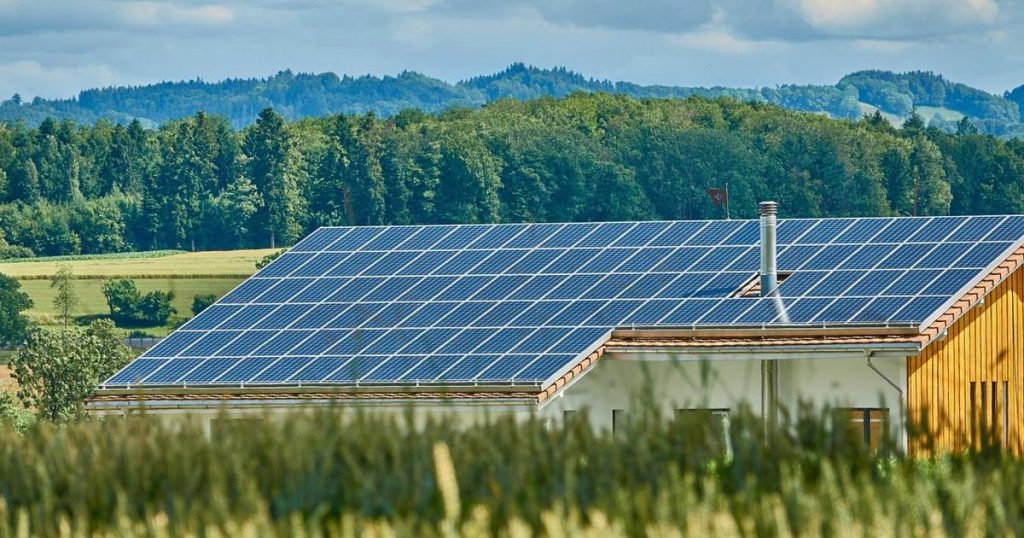The European Union member states have given the green light to the new directive on green buildings, with the aim of achieving zero emissions in the EU real estate sector by 2050. The agreement was confirmed by the European ministers at the Ecofin Council this morning, following the agreement reached with the European Parliament in December. However, Italy and Hungary voted against the deal, while Czech Republic, Croatia, Poland, Slovakia, and Sweden abstained from voting. The directive was approved by a qualified majority in the Council meeting held in Luxembourg. Italy’s Minister of Economy, Giancarlo Giorgetti, expressed concerns about the financing of the directive, highlighting the need for clarity on the issue of funding.
The long and contentious process of approving the directive, proposed by the Commission at the end of 2021, has finally come to an end with the final approval from the member states. The directive had sparked controversy in Italy, particularly due to the lack of EU funding and the minimum energy performance standards. The directive will now be published in the Official Journal and will come into force twenty days after publication. The member states will have two years to comply with the directive, during which they will need to submit a national renovation plan to the EU outlining their strategies to achieve the set objectives. Starting from 2030, all new residential buildings will be required to be zero emissions, while the standard will apply to public buildings from 2028 onwards.
The directive has abandoned the idea of harmonized energy classes and instead set targets for the renovation of buildings with the lowest energy performance. By 2030, at least 16% of public buildings with the worst performance must be renovated, rising to 26% by 2033. For private homes, there is a target to reduce energy consumption by 16% by 2030 and 20-22% by 2035. To provide flexibility to the member states, measures taken from 2020 onwards will count towards achieving the targets, and exemptions may be granted for certain types of buildings such as historical, agricultural, military, or temporary use buildings.
The European Commission estimates that annual investments of 275 billion euros will be needed by 2030 for building renovation. The obligation to install solar panels will only apply to new public buildings and will be phased in gradually from 2026 to 2030. Member states will have until 2040 to phase out old fossil fuel boilers, and subsidies for autonomous boilers must end by 2025. The directive aims to promote a sustainable and energy-efficient approach to building construction and operation, in line with the EU’s commitment to achieving climate neutrality by 2050. The directive also seeks to create a more resilient and environmentally friendly real estate sector in the EU.


